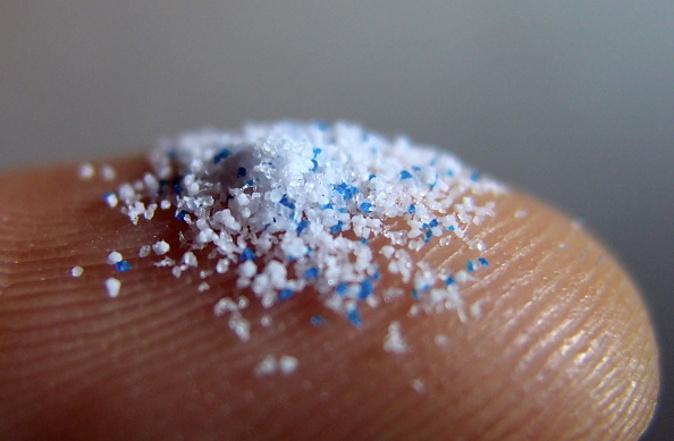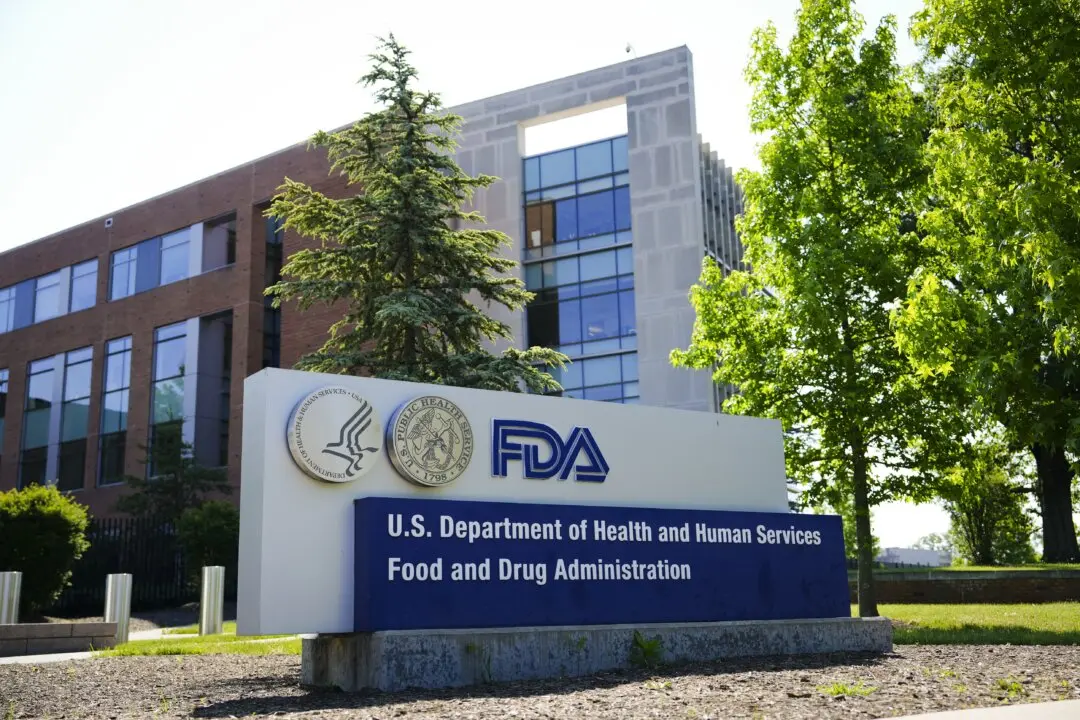Researchers in Europe say they have discovered microplastics in human blood for the first time ever.
Speaking to The Guardian on Thursday, Dick Vethaak, an ecotoxicologist at Vrije Universiteit Amsterdam in the Netherlands, said that their “study is the first indication that we have polymer particles in our blood–it’s a breakthrough result.” However, more studies are needed, he said.






